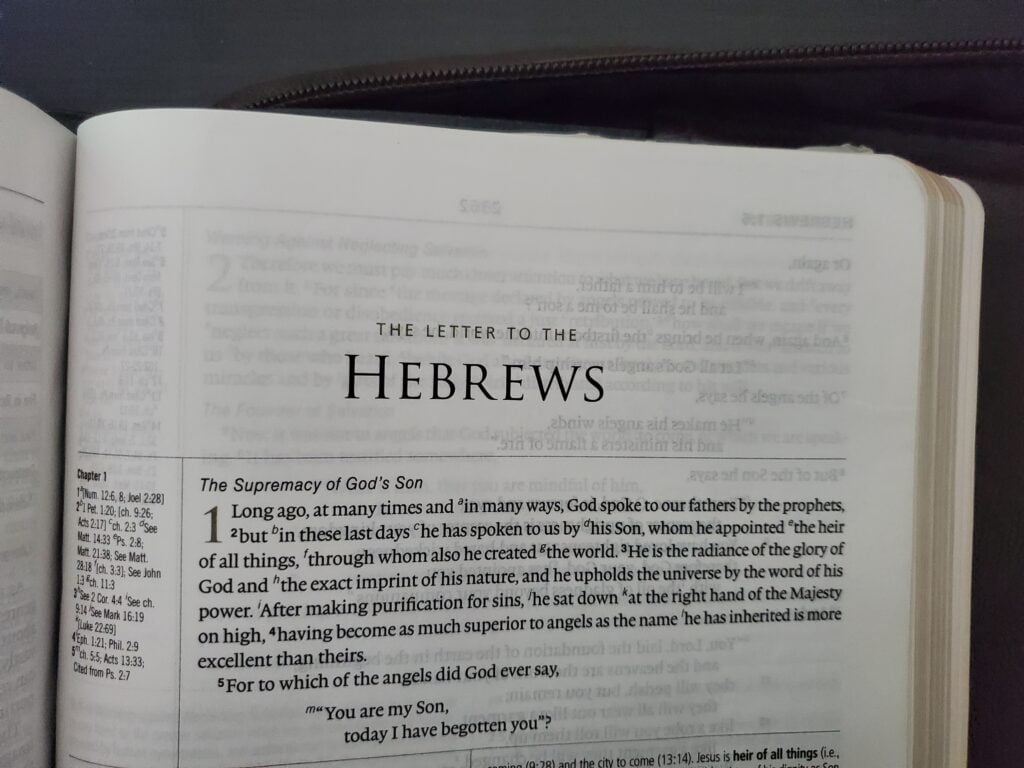⏱️ Estimated Reading Time: 3 min read
Hebrews 8:11-12, “And they shall not teach, each one his neighbor
and each one his brother, saying, ‘Know the Lord,’
for they shall all know me,
from the least of them to the greatest.
12 For I will be merciful toward their iniquities,
and I will remember their sins no more.”
Thousands of years ago, the Lord redeemed a people from slavery in Egypt and entered into a covenant with them. But this covenant was not designed to last forever. One day, God would replace it with a new covenant that would save His people from their sins.
Hebrews 8:8–12 quotes Jeremiah 31, a clear depiction of what life will be like under the new covenant. Yesterday we saw that under the new covenant, the very law of God is to be written on the hearts of His people (Heb. 8:10). Those who receive the Law on their hearts will be the people of God (v. 10). This is not to say that God never had a people beforehand. The prophet is merely pointing out that once God writes the Law on the heart, His people will obey Him perfectly and be His people by nature. Under this new covenant there will also be no more need for teachers (v. 11), for if the Law is on the heart there will be no need to be instructed in it.
The writing of the Law on the heart is a wonderful promise, and we still look forward to its fulfillment today. But how can this be? We still look forward to its fulfillment? Are we not under the new covenant today? Do we not have the law of God on our hearts already?
To answer these questions we must look at the context of Jeremiah 31 in Old Testament prophecy and the New Testament’s teaching about its fulfillment. Jeremiah 31 speaks of the restoration from exile that was promised to God’s people. However, Jeremiah was not the only one who looked forward to this restoration. All of the prophets, in one way or another, alluded to this event. Sometimes it is seen more in terms of the “Day of the Lord” when God will destroy all the enemies of His people (Joel 3:1–16). Other prophets emphasize the renewal of creation the restoration will bring (Isa. 65:17–25).
Reading the Old Testament prophets we might think that this restoration was to be completed at once upon the arrival of the Messiah. However, when we get to the New Testament we find that this is not the case. The restoration will take longer than expected. On account of this seeming delay, some aspects of the restoration and redemption are not yet a full reality. Tomorrow we will examine the New Testament view of restoration and how it impacts our understanding of the new covenant’s present reality.
Coram Deo
The fact that the restoration is taking longer than expected might be a surprise to us, but it is no surprise to God. He has determined that the world continue longer than we might have thought. All things are working out according to His sovereign plan. Remember that though things might surprise you, they do not surprise God.
Final Redemption, Copyright (2020), Ligonier Ministries.



